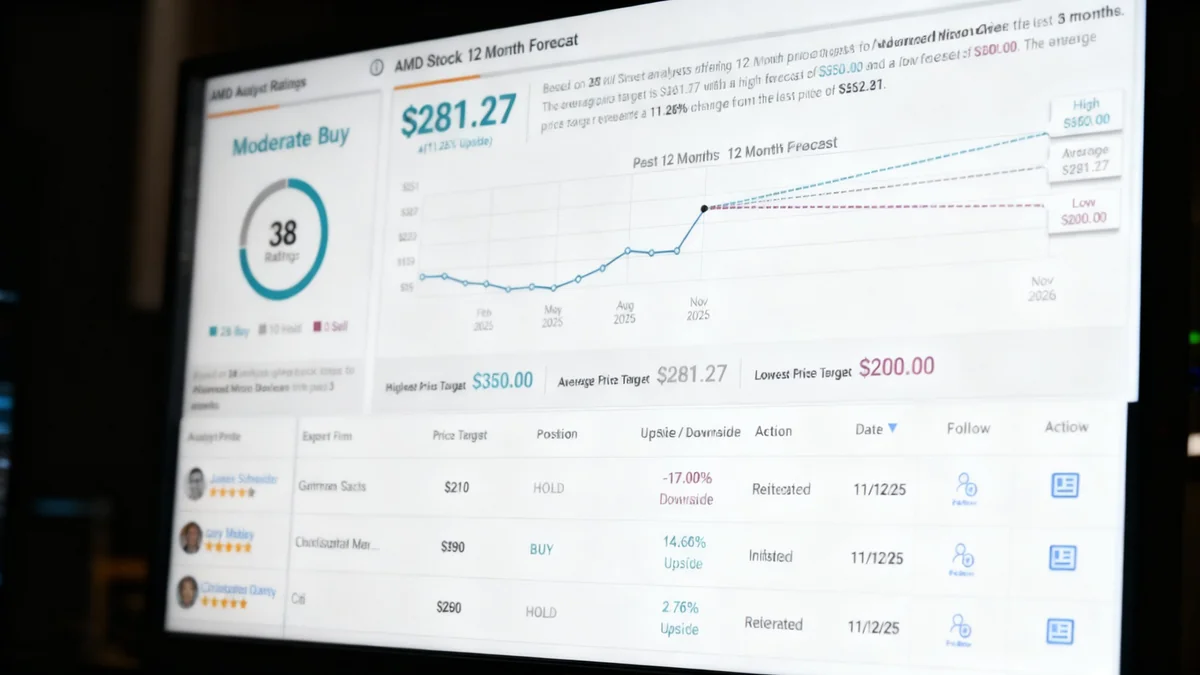Google has announced a major investment of $2 billion to develop its first data center and a new Google Cloud region in Malaysia. This move aims to support the country's growing digital economy and meet the rising demand for cloud computing and artificial intelligence services.
The project is expected to significantly impact Malaysia's economy, with government officials projecting it will contribute over $3.2 billion to the country's GDP and create 26,500 jobs by the year 2030.
Key Takeaways
- Google is investing $2 billion in Malaysia for its first data center and cloud region in the country.
- The facilities will be located in Sime Darby Property's Elmina Business Park.
- The investment is projected to add $3.2 billion to Malaysia's GDP by 2030.
- The project is expected to create 26,500 jobs in various sectors over the next six years.
- This move is part of a broader trend of major technology companies expanding their infrastructure in Southeast Asia.
Details of the Landmark Investment
Google's commitment represents its largest planned investment in Malaysia after 13 years of operation in the country. The new facilities will be developed to handle the increasing workload of digital services and to provide enterprise-grade cloud computing capabilities to businesses of all sizes, from startups to large corporations.
The location for this major development is Sime Darby Property's Elmina Business Park, situated in central Selangor, near the capital city of Kuala Lumpur. This strategic placement will provide robust connectivity and infrastructure to support the data center's operations.
Ruth Porat, President and Chief Financial Officer of Alphabet, Google's parent company, highlighted the significance of the investment.
"This investment builds on our partnership with the Government of Malaysia to advance its 'Cloud First Policy,' including best-in-class cybersecurity standards," she stated.
Focus on AI and Digital Skills
Beyond the physical infrastructure, the investment also includes programs aimed at enhancing digital skills among Malaysians. Google has committed to fostering AI literacy for students and educators, which aligns with the Malaysian government's national AI development goals.
This initiative will support the government's objective of creating a digitally-enabled workforce. By providing access to advanced AI tools and training, Google aims to help prepare the local population for high-tech jobs and drive innovation within the country.
Projected Economic Impact
- Total Investment: $2 billion
- GDP Contribution: Over $3.2 billion by 2030
- Job Creation: 26,500 jobs by 2030
- Location: Elmina Business Park, Selangor
Government and Industry Response
The announcement has been met with strong support from the Malaysian government, which has been actively courting foreign direct investment to boost its economy. Prime Minister Anwar Ibrahim framed the investment as a vote of confidence in Malaysia's governance and economic stability.
Tengku Zafrul Aziz, the Minister of Investment, Trade and Industry, emphasized the project's role in accelerating Malaysia's digital transformation. "Google's investment will significantly advance our digital ambitions," he said, noting it would help local companies compete on a global scale.
The new Google Cloud region will join a network of 40 regions and 121 zones currently in operation worldwide. It will offer services like Google Kubernetes Engine, BigQuery, and various AI platforms to local customers, allowing them to retain data within the country while leveraging Google's global infrastructure.
Southeast Asia's Data Center Boom
Google's investment is part of a larger movement by global technology giants to establish a strong presence in Southeast Asia. The region's rapidly growing digital economy, increasing internet penetration, and supportive government policies have made it an attractive destination for data center development. Companies like Microsoft, Amazon Web Services, and Nvidia have also announced significant investments in countries such as Indonesia, Thailand, and Singapore.
Broader Implications for the Region
The establishment of a major data center and cloud region in Malaysia is set to have a ripple effect across the regional tech landscape. It enhances Southeast Asia's position as a critical hub for digital infrastructure, reducing latency for users in neighboring countries and providing more options for data sovereignty.
For Malaysian businesses, the local cloud region offers several key advantages:
- Lower Latency: Faster access to data and applications for end-users.
- Data Residency: The ability to store data within Malaysia, which is crucial for regulated industries like finance and healthcare.
- Enhanced Security: Access to Google's advanced cybersecurity infrastructure.
- Scalability: Local companies can scale their operations more efficiently using cloud services.
This development is also expected to attract further investment in related industries, including cybersecurity firms, software developers, and IT service providers. The creation of 26,500 jobs will span multiple sectors, including construction, data center operations, and technical support.
A Competitive Digital Future
As Southeast Asia's digital economy continues to expand, the competition among cloud service providers is intensifying. Microsoft recently announced a $2.2 billion investment in Malaysia for cloud and AI infrastructure, signaling a direct rivalry with Google for market share.
This competition is ultimately beneficial for the region, as it drives innovation, lowers costs for consumers and businesses, and accelerates the adoption of new technologies. The Malaysian government's pro-investment stance and clear digital policies have been instrumental in attracting these large-scale commitments, positioning the country as a key player in the global digital economy.





